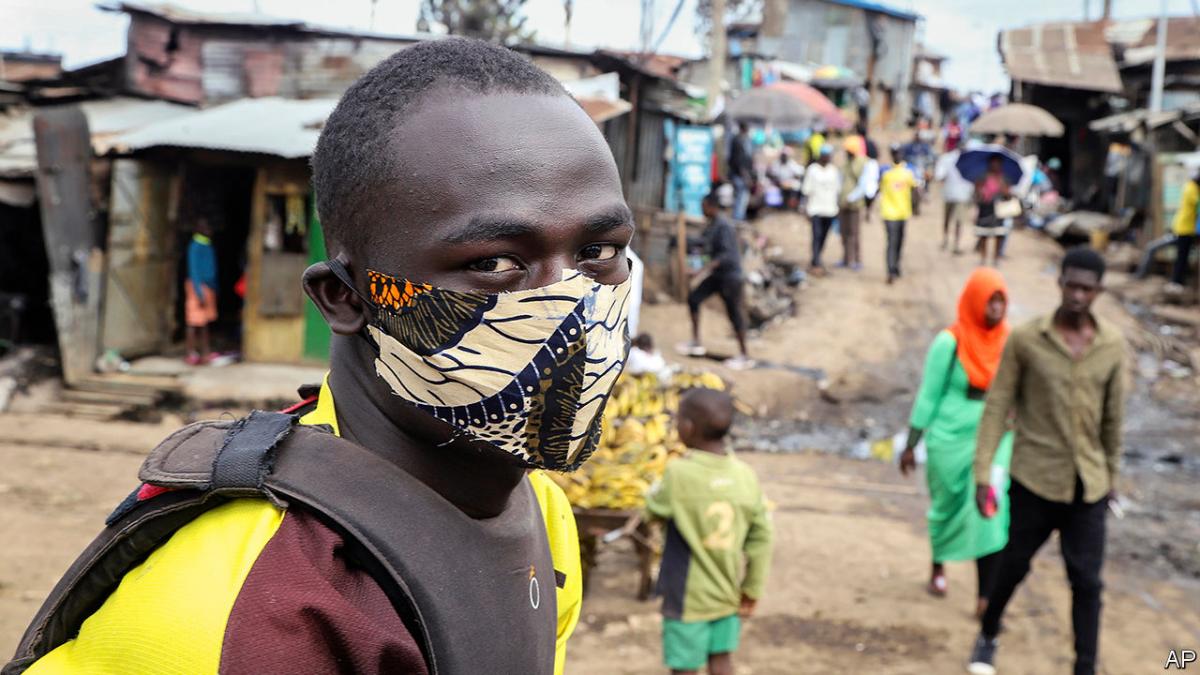There are no products in your shopping cart.
| 0 Items | £0.00 |


NIGERIA'S minister for humanitarian affairs and social development Sadiya Farouq has warned that the coronavirus pandemic could drag another 10m people into extreme poverty by the end of 2021.
Currently, Nigeria is the poverty capital of the world as she has about 83m people living on less than the World Bank's global poverty threshold of $1.90 a day. More Nigerians live in extreme poverty than any other nation on earth and Mrs Farouq, whose portfolio includes humanitarian matters, disaster management and social development, has warned that things could get worse.
Quoting statistics from the National Bureau of Statistics (NBS), Ms Farouq said 82.9m Nigerians were already living below the poverty line as at 2019. She added that it is believed that the figure might have increased due to the economic hardship caused by the outbreak of the coronavirus.
Speaking in Abuja at the ministerial dialogue on the National Social Register, Ms Farouq noted that 26.8m poor and vulnerable individuals, which is equivalent to about 6.3m households, have been captured. These people have been added to a national database and the figures are expected to grow further as the exercise continues.
Ms Farouq said: “In 2019, the National Bureau of Statistics estimated that 40.2%, equivalent to 82.9m, Nigerians live below the poverty line on less than $1.90 and another 10m were expected to fall below the poverty as a result of the socio-economic impact of Covid-19 by the end of the year. As of January 31, 2021, out of the estimated 82.9m or 40.2% of Nigerians living below the poverty line, we have identified and registered 26.8m poor and vulnerable individuals, equivalent to about 6.3m households in our country.
“We are expecting another 20m to be added to the database and held in the Rapid Response Register, a shock responsive intervention register, specifically targeted at urban informal workers impacted by the current Covid-19 pandemic. This social register has coverage across the 36 states of the federation and the Federal Capital Territory.
"We are in 601 local government areas out of the 774 in Nigeria and have covered 7,320 wards and 72,363 communities. This structure automatically provides the biggest database for any social inclusion or social protection intervention.”
She added that the data points in the social register capture personal information such as names, age, gender, location, level of education, vocation, employment status, disability status, ID numbers, phone numbers and addresses. According to the minister, the information also allows tracking of coverage, data update, number and types of programmes served or benefitted.